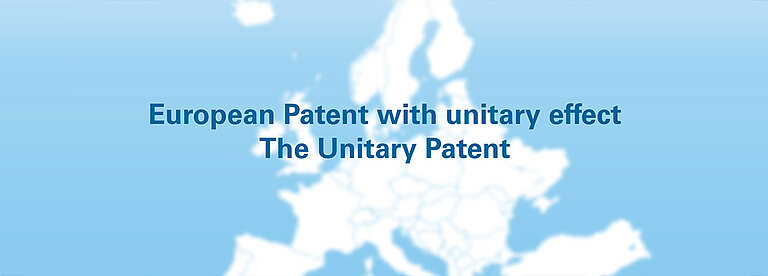Anti-Suit Injunctions ("ASIs") are a popular remedy in some countries in proceedings concerning Standard Essential Patents (SEPs), especially in the field of telecommunications. These are injunctions designed to stop proceedings in another state. This is a welcome opportunity for some patent infringers, because in this way national property rights could be used to the infringer’s own advantage or proceedings in another country could be delayed or prevented altogether. For these reasons, among others, ASIs are not permitted in the European legal area. However, Anti-Anti-Suit Injunctions ("AASIs"), i.e. injunctions directed against such ASIs, are permitted. However, these are not a special or even new procedural instrument, but a regular means of defending against injunctive relief.
In Germany there also have been at times court proceedings concerning ASIs and AASIs - most recently, for example, before the Düsseldorf Higher Regional Court (OLG). The attitude of the judges at this influential IP court made one thing clear above all: ASIs are not highly relevant to legal practice in this country. Instead, in most cases they represent an attempt by one state to interfere in the internal affairs of another state - and are thus more political than legal in nature. Against this background, the attitude of the Düsseldorf Higher Regional Court not to get involved without necessity in proceedings that essentially call into question the jurisdiction of other countries in litigation seems appropriate. Ultimately, these are issues that should be resolved at the international level. The EU's action against China with regard to the practice of ASIs at the WTO seems to be the right approach here. In terms of effective legal protection worldwide, an early agreement on this issue would be an important sign. For plaintiffs of SEPs, however, a certain degree of uncertainty remains until this issue is clarified, for example within the framework of the WTO.
Header: mifoto - AdobeStock.com





